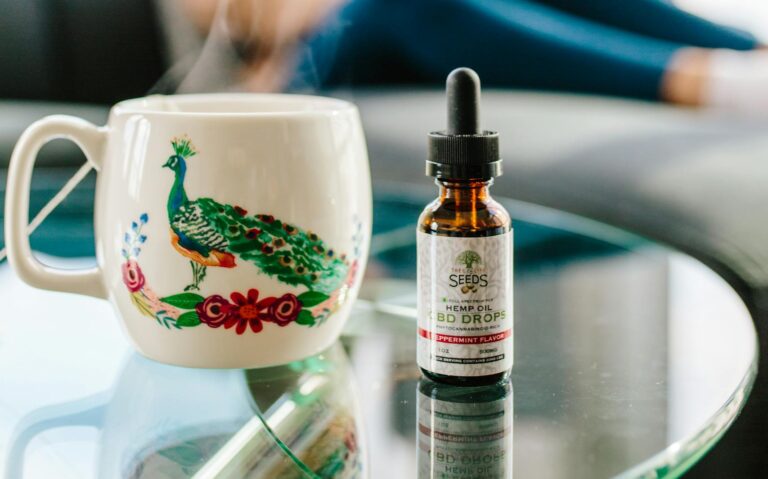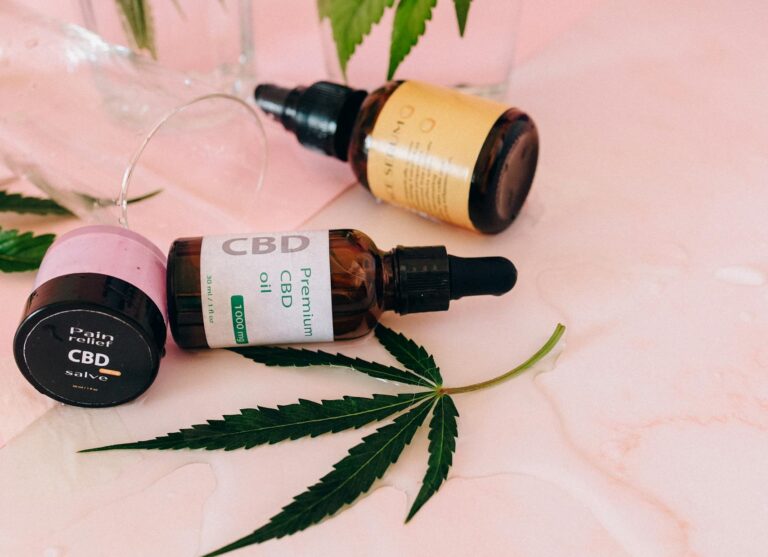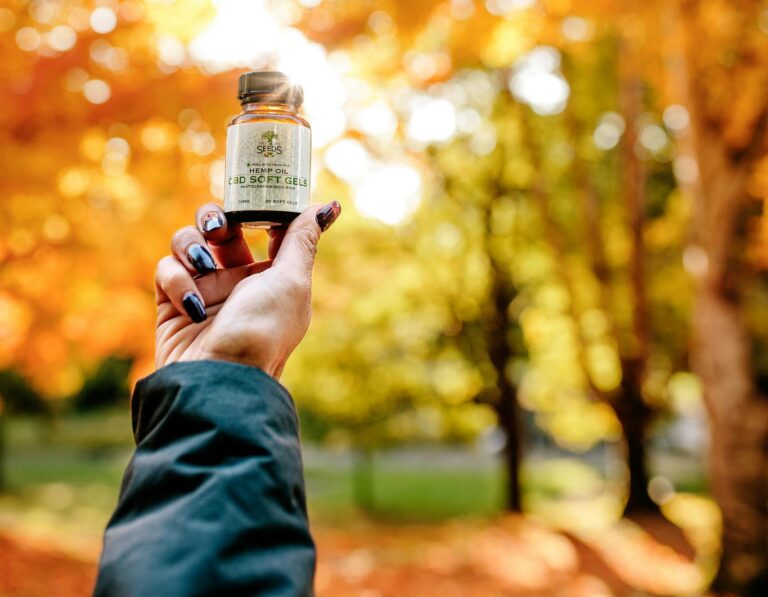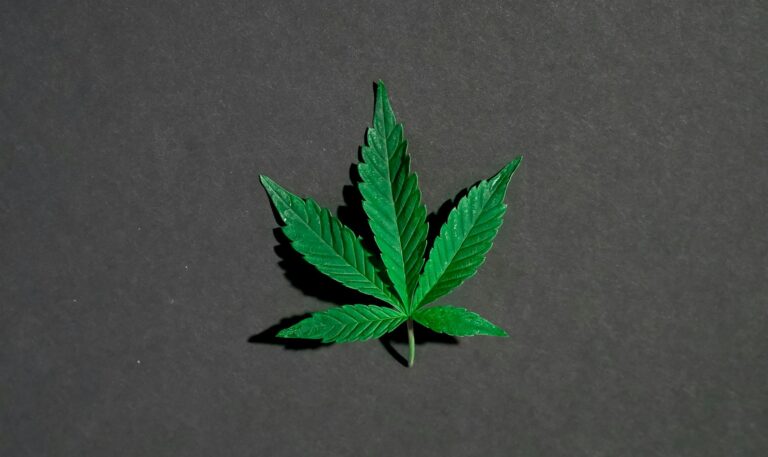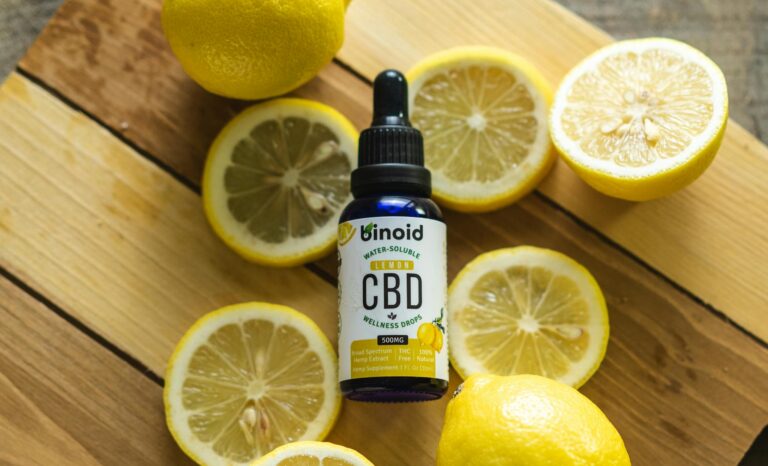What Happens If You Take Too Much CBD?
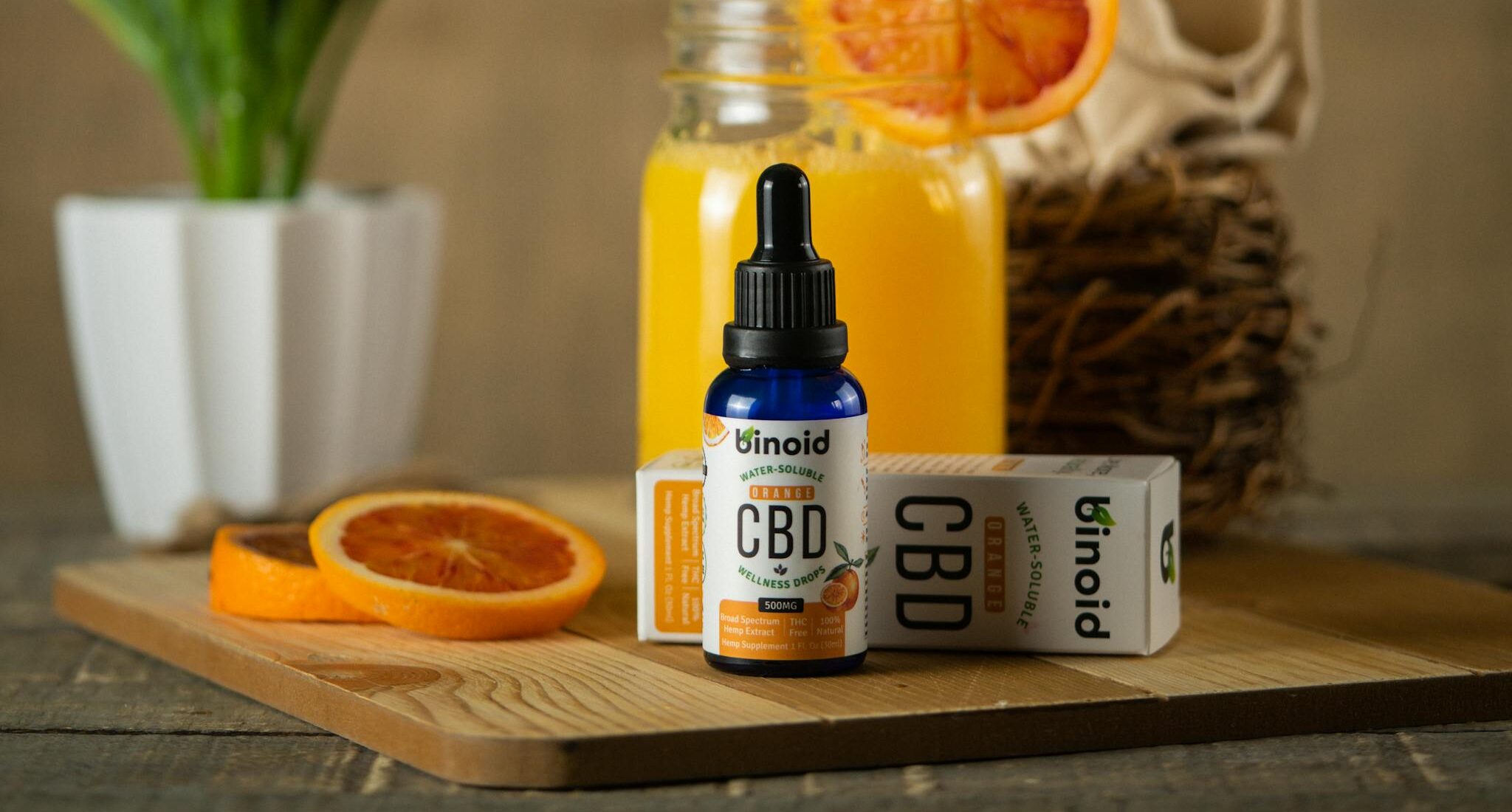
What happens if you take too much CBD? This question often arises as more people begin to explore the therapeutic benefits of Cannabidiol (CBD). While CBD is generally considered safe, understanding the potential effects and risks associated with overconsumption can help users make informed decisions about their health.
Understanding CBD: What Is It and How Does It Work?
Before delving into the consequences of excessive CBD intake, it’s essential to understand what CBD is and how it interacts with the body.
The Origins of CBD
CBD, or Cannabidiol, is a compound derived from the cannabis plant. Unlike THC (Tetrahydrocannabinol), which is the psychoactive component that produces a high, CBD is non-psychoactive. This characteristic makes it appealing for those seeking medicinal benefits without intoxication.
CBD can be sourced from both hemp and marijuana strains, although hemp-derived CBD has become the most popular due to legal restrictions surrounding THC content. As research continues, CBD has gained traction in treating various ailments, including anxiety, epilepsy, chronic pain, and inflammation.
How CBD Works in the Body
CBD interacts primarily with the endocannabinoid system (ECS), a complex network of receptors located throughout the body. The ECS plays a vital role in maintaining homeostasis and regulating various physiological functions.
When CBD is consumed, it binds to CB1 and CB2 receptors, influencing how the body responds to pain, mood, and immune function. By modulating these receptors, CBD can alter neurotransmitter release and enhance overall well-being.
Different Forms of CBD Products
CBD products come in various forms, each with its unique method of consumption and absorption rate. Common formats include oils, tinctures, capsules, edibles, and topical applications. Each product type offers different strengths and methods of use, catering to individual preferences and needs.
For example, CBD oil is typically taken sublingually (under the tongue) for rapid absorption, while edibles may take longer to produce noticeable effects but offer a discreet and pleasant way to consume CBD.
The Potential Effects of Taking Too Much CBD
While CBD is widely regarded as safe, consuming it in excess can lead to various side effects. Understanding these effects can help prevent undesirable outcomes.
Common Side Effects of Excessive CBD Intake
Some users report experiencing mild to moderate side effects when taking an excessive amount of CBD. These side effects may include:
- Fatigue: An overdose of CBD can lead to overwhelming drowsiness, making it difficult to concentrate or perform daily tasks.
- Gastrointestinal Issues: High doses of CBD can cause stomach discomfort, nausea, and diarrhea, disrupting normal digestive function.
- Changes in Appetite: Some individuals may experience increased or decreased appetite, leading to fluctuations in weight and eating habits.
These side effects tend to be self-limiting and resolve once the dosage is reduced. However, they can be bothersome for users who are unfamiliar with their body’s responses to CBD.
Rare but Serious Adverse Reactions
In very rare cases, some individuals may experience severe reactions to high doses of CBD. While the following are uncommon, they warrant attention:
- Liver Enzyme Elevation: High doses of CBD have been linked to liver enzyme elevation, indicating potential liver distress. Regular monitoring through blood tests is recommended for those taking significant amounts of CBD, especially alongside other medications.
- Interaction with Medications: CBD may interact with certain medications, such as blood thinners or sedatives. Users are encouraged to consult with healthcare professionals before incorporating CBD into their regimen.
Individual Variability and Tolerance Levels
Every individual reacts differently to CBD, depending on various factors including genetics, medical history, and tolerance levels. Some may find that they require higher dosages to achieve therapeutic effects, while others may be sensitive to even small amounts.
Understanding personal limits and listening to your body is crucial in determining the appropriate dosage. Gradual adjustments can help ensure that users avoid unwanted side effects.
Managing CBD Dosage: Finding the Right Amount for You
Finding the right dosage of CBD can be challenging, but certain guidelines can facilitate this process.
Recommended Dosage Guidelines
Though there is no universally accepted dosage for CBD, many experts recommend starting with a low dose and gradually increasing it until the desired effects are achieved. A general guideline includes:
- Start Low: Begin with a low dose, usually around 5-10 mg of CBD per day.
- Increase Slowly: Gradually increase the dosage every few days, allowing the body to adjust and observe any effects.
- Listen to Your Body: Pay close attention to how you feel after each increase. If side effects emerge, reduce the dosage to find a comfortable level.
Keeping a Journal
Maintaining a journal to track CBD dosage, timing, and effects can provide valuable insights. Documenting experiences allows users to identify patterns and determine the optimal dosage for their specific needs effectively.
Consulting Healthcare Professionals
For those unsure about dosing or experiencing adverse effects, consulting healthcare professionals familiar with CBD is essential. They can provide personalized guidance based on individual health needs and conditions.
Frequently Asked Questions About CBD Overconsumption
As CBD becomes increasingly popular, several common questions arise regarding its use and potential overconsumption risks.
What should I do if I suspect I’ve taken too much CBD?
If you believe you’ve ingested too much CBD, try to stay calm. Most side effects are mild and temporary. Hydrate and allow time for the effects to wear off. If symptoms persist or worsen, seek medical assistance.
Are there any long-term effects of taking too much CBD?
Research on long-term effects is still limited, but current findings indicate that chronic overconsumption could potentially strain liver function. Monitoring liver enzymes is advised for those taking high doses regularly.
Can I overdose on CBD like traditional drugs?
CBD does not carry the same risk of overdose as many conventional drugs. While excessive consumption can lead to uncomfortable side effects, it is unlikely to be fatal. Nevertheless, moderation is always best practice.
Will CBD affect my mental clarity if I take too much?
Excessive CBD can lead to drowsiness or fatigue, impacting mental clarity. It’s essential to monitor your response to CBD and adjust the dosage accordingly to maintain cognitive function.
Should I stop taking CBD if I experience side effects?
If you experience side effects, it may be beneficial to reduce the dosage rather than stopping completely. However, if side effects are severe or persistent, consulting a healthcare provider is advisable.
Conclusion
In summary, understanding what happens if you take too much CBD is vital for anyone considering its use. While CBD is generally safe, excessive consumption can lead to various side effects ranging from mild fatigue to more serious health concerns. By managing dosage carefully, consulting healthcare professionals, and listening to our bodies, we can maximize the benefits of CBD while minimizing potential risks.

